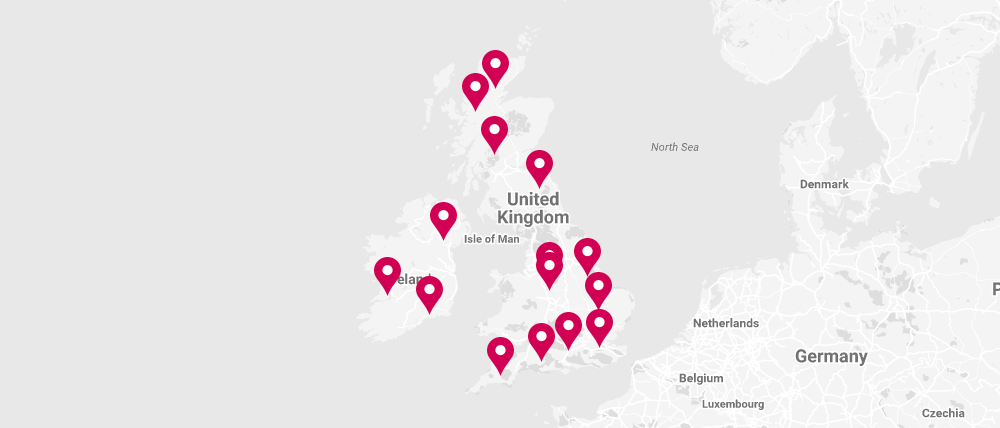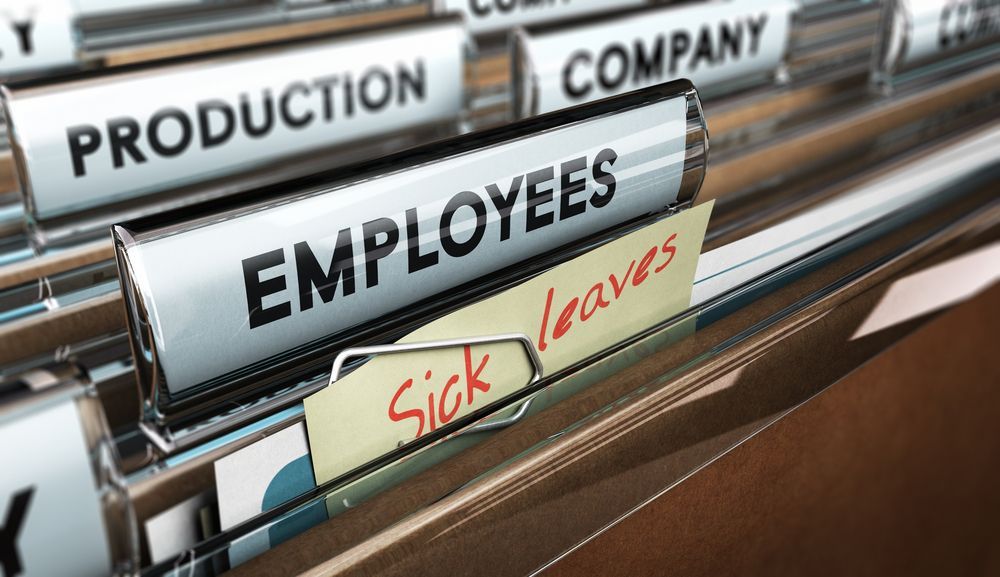
Resources
Managing the signs and causes of stress at work
- 30th September
Within a busy work environment, a certain amount of stress is always going to be inevitable - but there is a significant difference between acceptable day-to-day worries and the kind of uncontrolled, debilitating stress that can seriously damage the mental health of a company’s workers.
In recent years, the British business community has started to pay more attention to the impact that stress can have - partly because the problem is accelerating. Data from the Health & Safety Executive (HSE) shows that the rate of work-related stress, depression and anxiety has risen in the last few years, with these conditions accounting for 44% of all work-related ill health cases in 2017/18, as well as 57% of all working days lost due to ill health.
Given the serious risk that stress poses to their staff’s health and productivity, Lanes Group is committed to taking action, which is why we’ve won a Water Industry Achievement Award and an Institute of Water South East Region Innovation Award for our pioneering workplace wellbeing programmes.
We are keen to encourage UK managers to learn all they can about what causes stress in the workplace, and how to spot the most common signs of stress at work. This will be instrumental in helping them develop a health and wellbeing policy that truly delivers results.
What are the main causes of stress in the workplace?
The precise causes of work stress are likely to vary from business to business, but in general they can be narrowed down to a few key themes.
The HSE identifies six main areas that can lead to work-related stress if businesses fail to manage them properly: demands, control, support, relationships, role and change. Each of these factors manifest in different ways to place unmanageable pressures on members of staff, and result in causes of stress at work.
For example:
- The job may place unreasonable or unrealistic demands on employee, leaving them feeling unable to cope
- Workers may not feel in control the way they do their work, leading to feelings of discomfort and anxiety
- Staff may feel they lack support from those above them when it comes to workplace problems, or that they are not given enough information to do the job
- Individuals may be facing difficulties in their workplace relationships due to disagreements, personality clashes or office bullying
- Some may not have a proper understanding of their role and responsibilities, leaving them feeling unsure of what to do or where to turn
- Employees may feel unsettled by change within the company, a feeling exacerbated when they have not been properly engaged with the process.
All of these factors are likely to cause some degree of stress or anxiety within a workforce, although it is important to remember that different people will be affected to varying degrees. If you are aware of any of these factors within your organisation, you would be well advised to communicate openly with employees to get a better sense of how well each person is coping with stress, and to identify which individuals may need additional support.
What are the main signs of stress at work?
One of the key issues to remember about workplace stress is that it tends to manifest differently from person to person, meaning employers need to be on the lookout for a number of different work-related stress symptoms.
When assessing stress levels in individual employees, bosses should take notice of certain changes in behaviour, particularly when these include:
- a sudden decline in the quality of their work
- problems with timekeeping and tardiness
- taking more time off
- nervousness, twitchiness and mood swings
- becoming withdrawn or much quieter than usual
- a loss of motivation, commitment and confidence
Managers may also notice changes within their team as a whole that may represent a sign of mounting stress on a company-wide basis:
- an increased number of arguments
- a dropoff in the number of friendly conversations between colleagues
- higher staff turnover
- more reports of stress
- more people taking time off sick
- decreased performance or declining standards
- a rise in the number of complaints and grievances being brought forwards
If you spot any of these signs of stress at work, it is your responsibility as an employer to reach out to your workforce and find out what is causing the tension and anxiety, before putting policies in place to tackle the problem.
Taking action to reduce work-related stress
If these issues are causing mental health problems for your workforce, it’s vital to ensure that your organisation is doing all it can to teach staff how to deal with stress, and to provide the support structures they require to do so effectively.
First and foremost, this means fostering a spirit of open communication on matters relating to stress, anxiety and mental health, which will empower workers to come forward with their problems and help you work together with them to find the right solutions.
At Lanes Careers, we use a purpose-designed wellbeing app that allows our workers to rate their own happiness levels at the start of every shift, giving us a constant and evolving picture of their wellbeing. We also offer regular consultations with our in-house wellbeing practitioner, particularly for those who are demonstrating signs of stress, which gives them an opportunity to talk through problems they might be having in or outside of work.
By creating a healthy dialogue about workplace stress, you can help your employees to feel supported and cared for. This, in itself, is a vital first step towards changing your working practices in a way that alleviates unnecessary pressure and fosters a greater sense of contentment and wellbeing within your organisation.
For more information on the benefits Lanes Group’s wellbeing programme has delivered, click here; you can also check out our whitepaper on the current state of mental wellbeing in UK workplaces for further insights into this important topic.
Our Offices, Divisions & Depots


Lanes Group Ltd,
17 Parkside Lane, Parkside Industrial Estate, Leeds, LS11 5TD
Lanes Group ltd
Customer Solutions Centre
9 Cambridge Avenue
Slough
SL1 4AY




Our News Feeds
Andy’s jobs journey reaches fulfilment down in the sewers
Andy led the Lanes emergency team, working on behalf of Thames Water, that first responded to the discovery of the Islington concreteberg.
Why Lanes Group - and the drainage sector - is perfect for those looking for a new career
Find out more about what makes the drainage sector such an attractive proposition for those looking for a change in career.
Where to start when making a career change
Let us help you understand your options when it comes to changing careers
How to successfully apply for a role as a Lanes Group CCTV engineer
Find out more about what we're looking for in our CCTV engineers, and how to maximise your chances of securing a role with Lanes Group.
What it’s actually like to work in the drainage industry
In this article, we look at the many great things about working in the sector and show you what it’s really like to have a career in this growing sector, while busting a fair few myths in the process.
Vicky has perfect role keeping online sales flowing
Personality, determination and a very good understanding of the drainage industry – all qualities that Vicky Smith puts to excellent use as an online sales executive at Lanes Group plc.